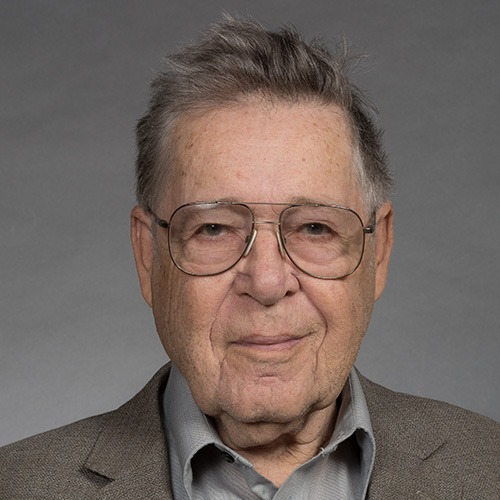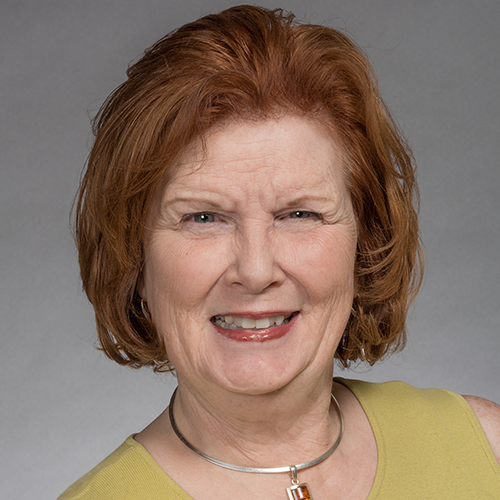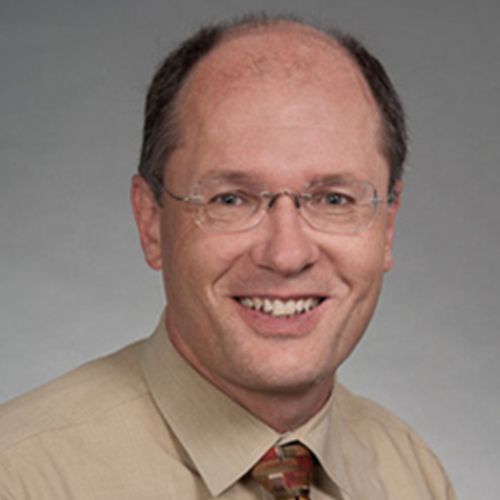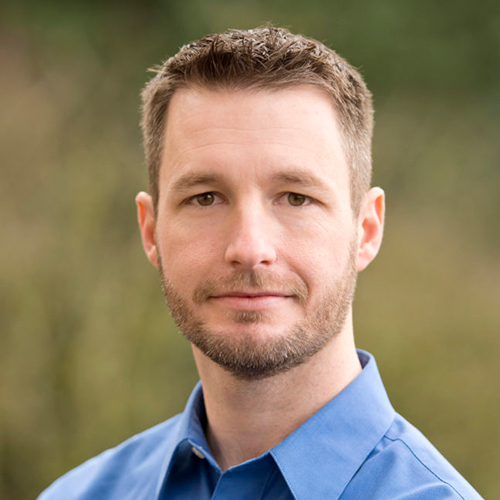Three contributions, in particular, gained widespread attention.
First, they discovered that, for most people, cognitive functioning improves throughout midlife (defined as 40 to 60 years old). As people age, they accumulate more life experiences, sharpening their ability to identify patterns and form conclusions.
By identifying a sizable group of healthy older adults with no signs of dementia, Schaie and Willis also challenged the belief that everyone experiences dementia to one degree or another.
“Drs. Schaie and Willis demonstrated that cognitive functioning isn’t as simple as an early peak and a guaranteed decline as we age,” says Jürgen Unützer, MD, MPH, MA, chair of the UW Department of Psychiatry and Behavioral Sciences. “They helped to combat ageist attitudes, showing us that there are many people who stay sharp in their old age.”
These findings made their way into legal proceedings on age discrimination cases and policy discussions about mandatory retirement practices in the U.S. and Canada, ultimately influencing the decision to raise mandatory retirement ages in multiple fields.
Second, Schaie and Willis demonstrated the possibility of slowing the decline in cognitive function with training.
They recruited a group of SLS participants aged 64 and older to complete a series of cognitive training exercises designed to slow the decline of cognitive sharpness and speed. They were successful, lending credence to the idea that cognition is not set in stone.
Third, Schaie and Willis established cognitive change through a generational lens.
SLS participants are grouped into 13 seven-year cohorts born between 1889 and the mid-1960s (the end of the Baby Boomer generation). Although each person has unique factors that influence cognitive functioning, such as socioeconomic status, occupation or chronic health conditions, they tend to follow the same trends as the other members of their cohort. In addition, Schaie and Willis found that over time, each cohort did better on most measures of cognitive ability than the one before it.
“We realized that understanding cognitive changes involves more than a change in age,” Willis says. “It involves understanding generational differences and life experiences.”
Asking new questions about the links between sleep and cognition
In 2005, Schaie and Willis retired from Penn State and made a permanent move to Seattle — and the UW.
“They were this really bright, fascinating couple with a tremendous capacity for persisting in asking particular questions about aging,” says Unützer. “And they were incredibly successful. Over the decades, they collaborated with hundreds of people and brought countless students into their lab. There are hundreds of people who have published research based off SLS data over the years. The SLS has had a truly global impact.”
Today, the study’s impact lives on through the work of researchers like Jeffrey Iliff, PhD, who studies the relationship between sleep and cognitive impairment or dementia.
For the past decade, Iliff and the researchers in his lab have studied brain waste clearance (a process in which fluid washes through the brain and clears away cellular waste products during sleep). Existing research establishes clear linkages between sleep disorders, cognitive impairment and neurodegenerative disease, but few studies had ever examined these linkages over a long period of time.
“To understand the relationship between longitudinal sleep duration and cognitive impairment, our options were to design and conduct a study over many years — or find a study where the right questions had already been asked,” Iliff says.
Fortunately for him and his team, the SLS fit the bill.
In 1993, Schaie and Willis began including a question on an SLS health questionnaire about how many hours a participant slept on average over the past month. Participants completed that questionnaire up to seven times over the years, and those same people completed a series of cognitive tests, creating a golden opportunity to measure cognition against sleep.
Iliff and his colleagues homed in on the concept of sleep variability, or changes in the amount of sleep participants self-reported over the years. Data from the SLS allowed Iliff’s team to establish that high variability in sleep over time was not only associated with cognitive impairment in the present, but could predict it in the future.
In a second study that is now underway, Iliff’s team is using MRI scans from over 150 SLS participants to examine the association between sleep and markers of brain waste clearance on MRI scans.
Soon, Iliff and his team plan to recruit SLS participants into a new study that focuses entirely on defining the relationships between sleep disruption, brain waste clearance and the development of Alzheimer’s disease.
“The sleep someone is having now is not necessarily the most important thing for defining their cognitive function,” says Iliff. “It appears that it is the sleep they had 20 years ago that defines the brain’s function in the decades that follow. It would take us 20 years of gathering data to be able to look back and form conclusions, but SLS already has what we need.”
Funding the next chapter of discovery
Willis, who is working with Iliff on the study linking sleep variability and cognitive impairment, finds it gratifying to see a new generation of researchers find value in SLS data.
And there are plenty of unanswered questions left to tackle.
“As new concepts of intelligence arise — particularly surrounding the use of AI — there is more to explore,” Willis says.
In the Department of Psychiatry, Unützer is interested in the possibility of mining SLS data to unearth new insights about dementia.
“As a society, we are just beginning to understand risk factors for dementia,” he says. “A lot of research is focused on people who have dementia, but we need to learn about what makes the brain resilient to risk factors by studying people who have them and yet haven’t developed dementia. That is one opportunity SLS data creates.”
Created in early 2023, the K. Warner Schaie Endowed Professorship in Adult Cognitive Development will offer support for an expert in cognitive aging to explore questions like these.
According to Willis, Schaie conceived of the endowed professorship many years before its creation.
“This professorship was a natural step for Warner to take to show his gratitude for everything UW had done for him, as well as to give another researcher the opportunity to continue his legacy,” she says. “He wanted his ideas to live on, particularly now as the largest generation of Americans is entering old age.”
“This new endowed professorship is a lovely way for Dr. Willis to preserve the legacy of everything she and Dr. Schaie have accomplished,” Unützer says. “It gives a faculty member the freedom to explore larger questions over 5, 10, 15 years and beyond.”
Written by Ashley Rabinovitch




